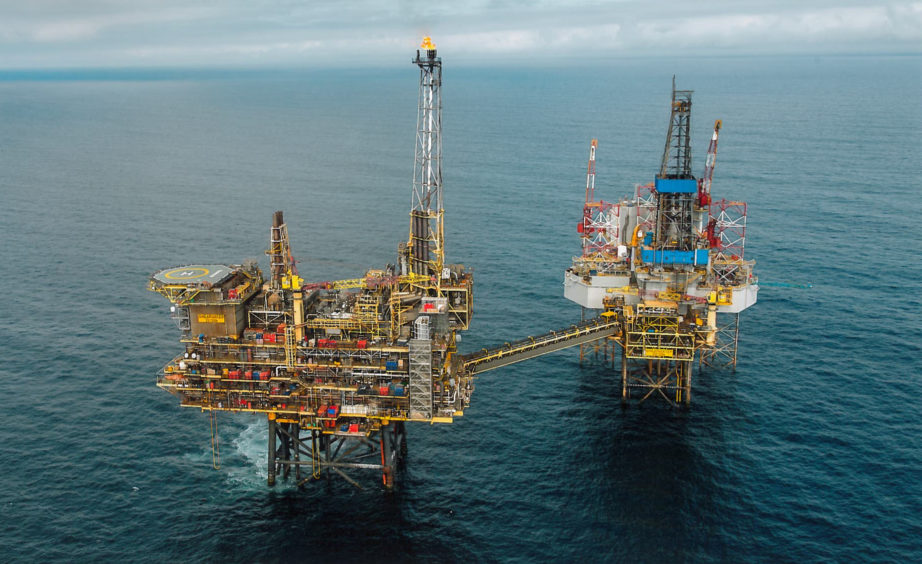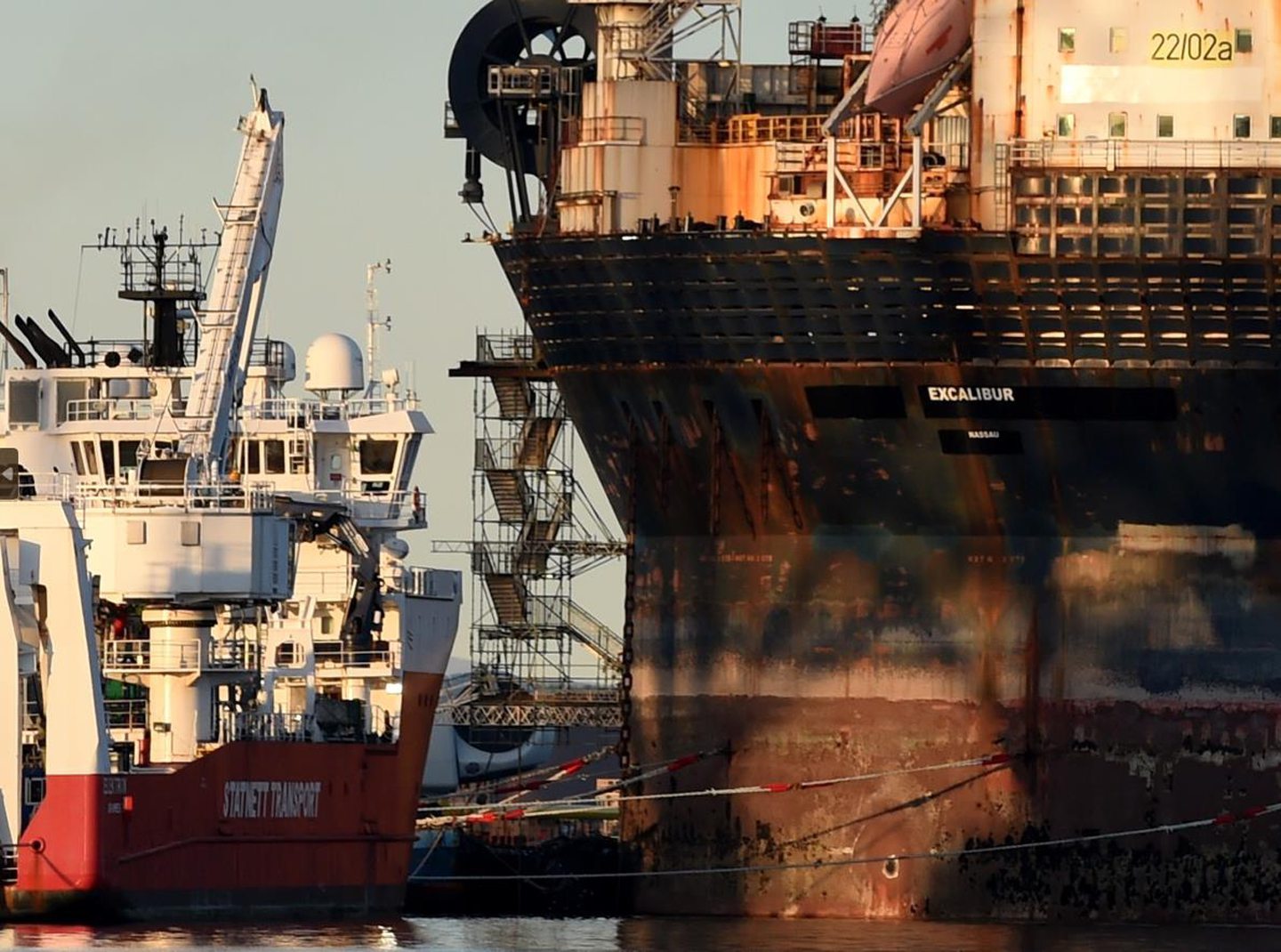
A dozen key projects in the North Sea will deliver a “golden opportunity” for the UK supply chain in the coming years, according to new research.
The North Sea Transition Authority (NSTA) and Global Underwater Hub (GUH) said the developments, including Ithaca Energy’s Cambo field, Shell’s Jackdaw and Equinor’s Rosebank, will require 47 new wells drilled and 200 miles of pipeline installed, as well as thousands of days in action for offshore rigs and vessels.
Details of eight projects are public on the NSTA pathfinder portal, which also include BP’s Murlach, Ping Petroleum’s Avalon, Hibiscus’ Teal West, Ithaca’s Captain Phase 2 project and Harbour Energy’s Talbot, with the other four to be added “in due course”.
Most of the offshore work for seven of the 12 projects is expected to get underway this year or in 2024, depending on net zero assessments being passed.
Between them, the 12 are expected to deliver 8,400 “vessel days” and 3,900 “rig days”, according to the research.
NSTA and GUH said the figures show domestic oil and gas projects will “continue to drive economic growth” and safeguard employment for “hundreds of existing skilled workers”.
They also emphasised the sheer volume of rig and vessel capacity needed from the sector which, despite a recent boon due to the energy supply crisis sparked by Russia, has faced significant pressure in recent years amid Covid-19 and the 2014 downturn.
To deliver the work, operators face competition for equipment and skills from other oil and gas producing regions and the UK’s burgeoning offshore renewables sector, whose continued growth relies on many of the same resources.
Bill Cattanach, NSTA head of supply chain, said: “This new research provides clear evidence that companies with vessels and rigs on their books can look forward to plentiful near-term project opportunities in UK waters.
“To fully capitalise on them, effective collaboration across the industry is absolutely vital.”
The NSTA pointed in particular to its Pathfinder portal for more details on the projects and how to get involved.
GUH chief executive Neil Gordon said: “It’s more imperative than ever that we have a joined-up approach to these developments which takes account of the vast scale of all opportunities on the horizon for the subsea supply chain.
“Industry must have confidence in the regulatory environment, leading to visibility and, more importantly, surety of the domestic project pipeline.”
Recommended for you


